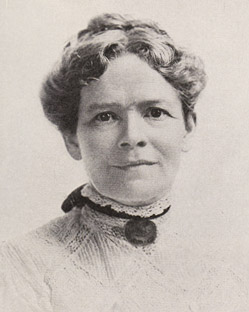A Quote by Anne Morrow Lindbergh
By and large, mothers and housewives are the only workers who do not have regular time off. They are the great vacationless class.
Related Quotes
It used to be that wealthy people were the leisure class, and having time off was a status symbol. That's switched now: being busy and overworked is the reality for many white-collar workers, and there's a kind of perverse currency to that, competitive busy-ness. At the other end of the income scale, there's a swath of lower-wage workers who are underemployed or unemployed, with too much unwanted leisure, and zero status for that. For shift workers, devices mean they're accessible in ways they weren't before, susceptible to that call from the boss to log more hours.
This society in which knowledge workers dominate is in danger of a new "class conflict" between the large minority of knowledge workers and the majority of workers who will make their livings through traditional ways, either by manual work... or by service work. The productivity of knowledge work - still abysmally low - will predictably become the economic challenge of the knowledge society. On it will depend the ability of the knowledge society to give decent incomes, and with them dignity and status, to non knowledge people.
By now, legions of tireless essayists and op-ed columnists have dressed feminists down for making such a fuss about entering the professions and earning equal pay that everyone's attention has been distracted from the important contributions of mothers working at home. This judgment presumes, of course, that prior to the resurgence of feminism in the '70s, housewives and mothers enjoyed wide recognition and honor. This was not exactly the case.
Navajo infants get so attached to cradleboard that they cry to be tied into it. Kikuyu infants in Kenya get handed around several"mothers," all wives to one man. . . . Mothers in rural Guatemala keep their infants quiet, in dark huts. Middle-class American mothers talk a blue streak at them. Israeli kibbutz mothers give them over to a communal caretaker . . . Japanese mothers sleep with them. . . . All these tactics are compatible with normal health--physical and mental--and development in infancy. So one lesson for parents so far seems to be: Let a hundred flowers bloom.





































